Introduction to Nutrition Facts
Importance of nutrition in maintaining a healthy lifestyle Dive into troves of nutrition facts to enhance wellbeing. Navigate your journey to optimum health through extraordinary nutritional knowledge. Proper nutrition is the foundation of a healthy and vibrant life. It fuels our bodies, nourishes our cells, and supports the optimal functioning of all our systems. Without adequate nutrition, we become susceptible to a range of health issues and compromised well-being. It is crucial to understand the significance of nutrition and make informed choices for our diet.
Overview of the article’s purpose and structure This article aims to provide you with eye-opening nutrition facts that will challenge your current dietary beliefs and revolutionize your approach to food. By exploring various aspects of nutrition, from debunking myths to uncovering hidden dangers, we will empower you with the knowledge to make transformative changes to your diet. Let’s dive in!
Nutritional Imbalance and Health Issues
The hidden dangers of a poor diet, rich in processed foods and lacking in essential nutrients, can have devastating effects on our health. It can weaken our immune system, impair our digestion, and contribute to chronic inflammation. Over time, it increases the risk of developing serious health conditions such as heart disease, diabetes, and certain types of cancer.
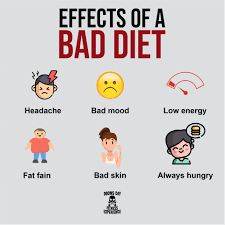
Impact of nutrient deficiencies on overall health When we fail to consume a well-balanced diet, we deprive our bodies of the vital nutrients they need to function optimally. Deficiencies in vitamins, minerals, and other essential compounds can lead to a weakened immune system, impaired cognitive function, and a host of other health issues.
Long-term consequences of excessive calorie consumption Consuming excess calories, especially from unhealthy sources, can lead to weight gain, obesity, and a higher risk of cardiovascular diseases. Additionally, it can increase the likelihood of developing metabolic disorders such as insulin resistance and type 2 diabetes.
The Astonishing Power of Superfoods
Unleashing the potential of nutrient-rich foods Superfoods, a term coined for nutrient-dense foods packed with health-promoting compounds, have gained significant attention in recent years. These foods, such as berries, leafy greens, and nuts, are abundant in antioxidants, vitamins, minerals, and phytochemicals. Incorporating them into our diet can provide numerous benefits for overall health and well-being.
Science-backed evidence on the benefits of superfoods Numerous scientific studies have highlighted the extraordinary benefits of incorporating superfoods into our daily meals. From reducing the risk of chronic diseases to promoting healthy aging and enhancing cognitive function, these nutrient powerhouses offer a wide array of advantages.
Incorporating superfoods into your daily meals In order to reap the full benefits of superfoods, it is essential to integrate them into our everyday meals. Whether it’s adding kale to a morning smoothie or topping a salad with avocado, finding creative ways to incorporate these nutrient-rich foods can help us optimize our nutrition and improve our diet.
The Downside of Processed Foods
Unveiling the Dark Side of the Processed Food Industry Processed foods, with their convenience and attractive packaging, have become a staple in our modern diet. However, behind the shiny exteriors lies a dark reality. Processed foods are often laden with unhealthy additives, preservatives, and high levels of added sugars, contributing to a range of health issues.
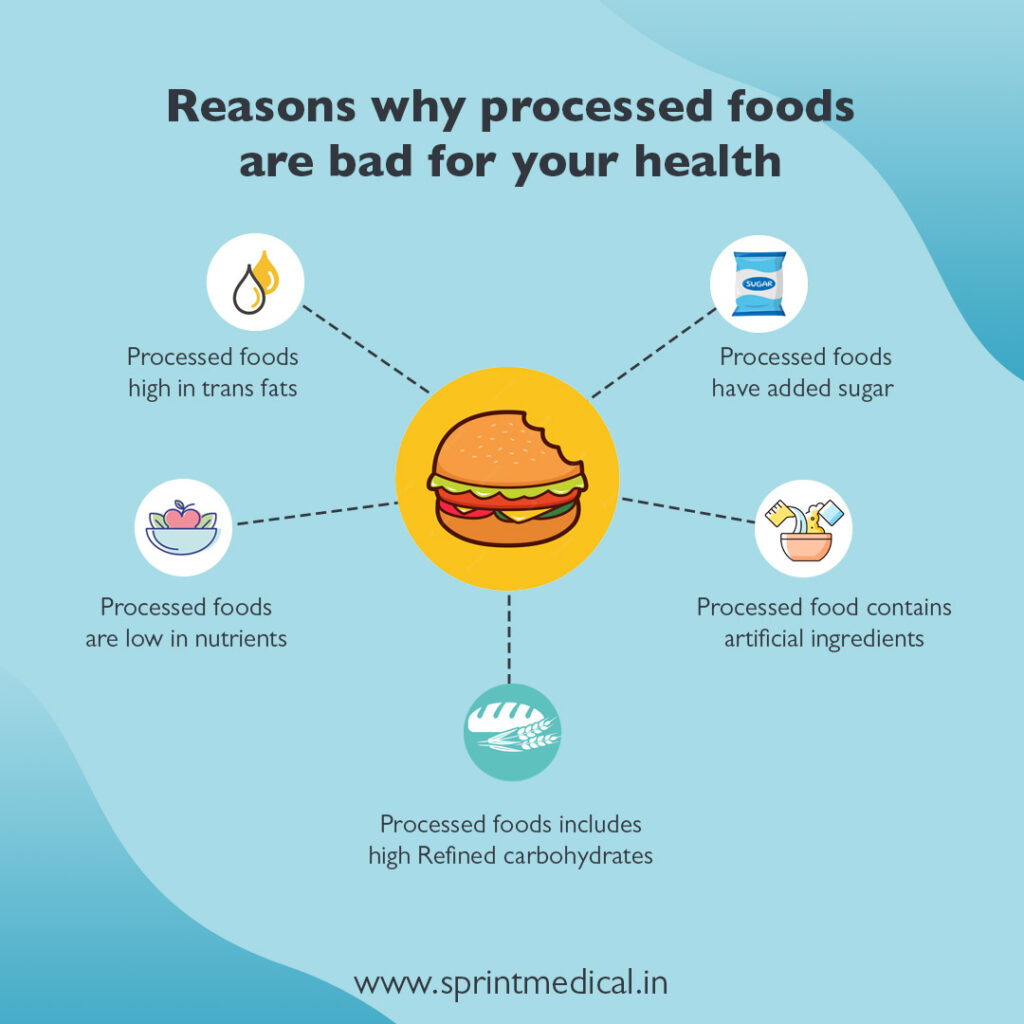
Understanding the dangers hidden in artificial additives and preservatives found in processed foods has been linked to various health concerns, including allergic reactions, hormonal imbalances, and even an increased risk of certain cancers. It is important to be informed about these additives and their potential negative effects.
The impact of processed food on obesity and chronic diseases The excessive consumption of processed foods is a major contributor to the obesity epidemic and the rising rates of chronic diseases. These foods often lack essential nutrients, contain unhealthy trans fats, and are high in calories, leading to weight gain and an increased risk of conditions including heart disease, diabetes, and hypertension.
Debunking Nutrition Myths
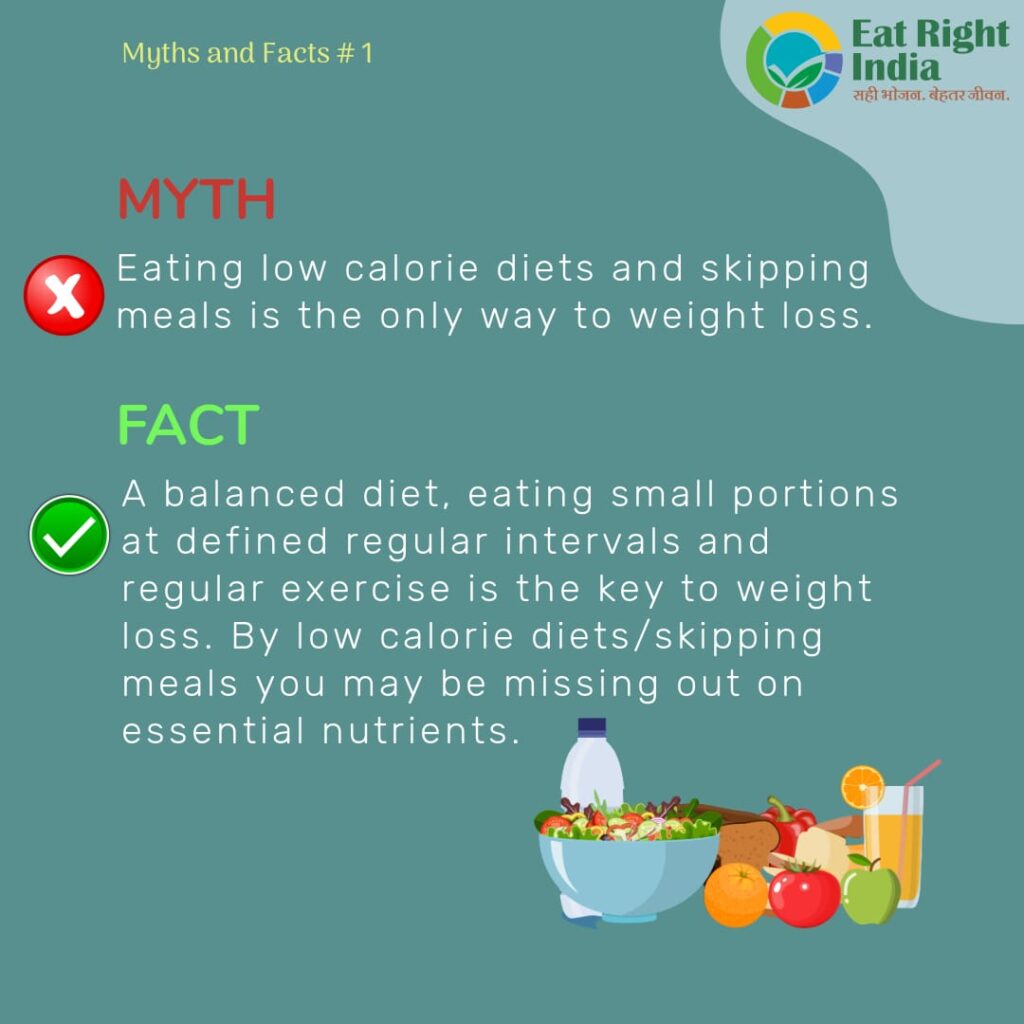
Challenging popular misconceptions about fats and cholesterol Contrary to common belief, not all fats are harmful. In fact, some fats, such as those found in avocados and nuts, are essential for our overall health. Similarly, cholesterol plays a vital role in our body and not all cholesterol-rich foods are detrimental. Understanding the differences between good and bad fats, and the complexities of cholesterol, is crucial for making informed dietary choices.
Separating facts from fiction regarding carbohydrate consumption Carbohydrates have received a considerable amount of criticism in recent years, leading to widespread confusion about their role in a healthy diet. It is important to understand that not all carbohydrates are created equal and that whole grains, fruits, and vegetables are essential sources of vital nutrients and dietary fibers.
Dispelling myths about dietary supplements and their efficacy While dietary supplements can be beneficial in certain situations, such as correcting specific nutrient deficiencies, they are not a replacement for a well-balanced diet. It is important to challenge the misconception that supplements alone can provide all the nutrients needed to maintain optimal health. Adopting a holistic approach to nutrition will always yield better results.
Understanding the Sugar Trap
Unmasking the unbelievable sugar content in common foods Sugar, in its various forms, has stealthily infiltrated our diets, hiding in seemingly harmless foods. From soda to yogurt, we are often unaware of the high sugar content lurking behind the label. Recognizing and understanding the deceptive nature of added sugars is crucial for making healthier choices.
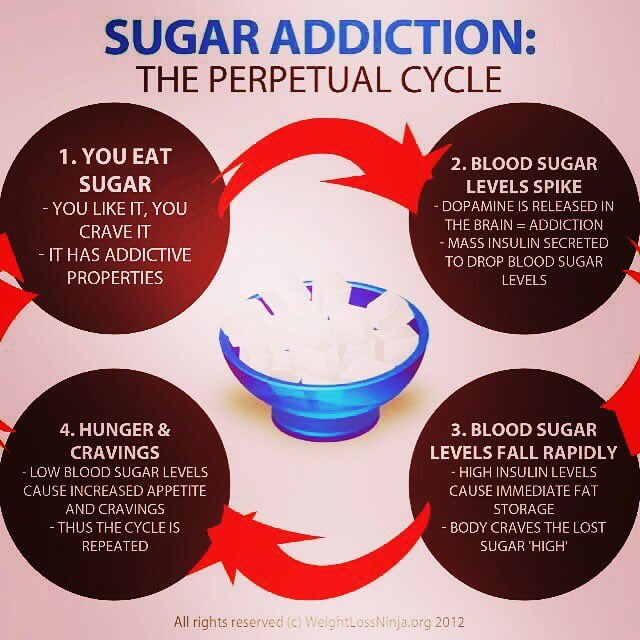
The addictive properties of sugar and its effects on the brain Studies have shown that sugar can be highly addictive, activating reward centers in the brain and leading to cravings and overconsumption. This addictive cycle can contribute to weight gain, insulin resistance, and an increased risk of chronic diseases such as diabetes.
Tips to reduce sugar consumption and adopt healthier alternatives Reducing our sugar intake can be challenging, but small changes can make a big difference. Opting for whole fruits instead of sugary snacks, reading labels to identify hidden sugars, and gradually reducing added sugar in recipes are a few strategies to break free from the sugar trap and adopt healthier alternatives.
The Intricate Relationship Between Emotions and Diet
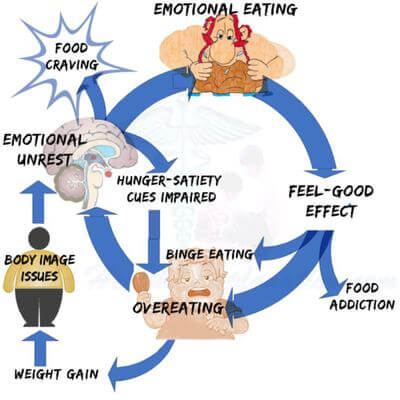
Exploring the links between emotional well-being and food choices Our emotional state can significantly impact our food choices. Stress, anxiety, and other emotions can lead to emotional eating or the tendency to reach for comfort foods. Understanding this relationship can help us make conscious decisions that promote both emotional well-being and a balanced diet.
How Stress Affects dietary Patterns and Weight Management When we are stressed, our bodies produce cortisol, a hormone that can increase appetite and lead to cravings for high-calorie, unhealthy foods. This can disrupt our weight management efforts and contribute to a cycle of emotional eating. Implementing stress management techniques can help break this pattern.
Strategies to achieve a balanced emotional relationship with food Developing a healthy emotional relationship with food involves mindfulness, intuitive eating, and finding alternative ways to cope with emotions. By incorporating self-care practices, seeking support, and building awareness of our emotional triggers, we can establish a more balanced and nourishing relationship with food.
Unraveling Gluten: The Real Story
Demystifying gluten intolerance and celiac disease Gluten intolerance and celiac disease have gained significant attention in recent years, leading to an increased demand for gluten-free products. It is important to differentiate between the various conditions associated with gluten and understand that they affect a minority of the population.
The surge in gluten-free diets: trend or genuine necessity? The popularity of gluten-free diets has skyrocketed, fueled by both genuine necessity and dietary trends. While some individuals with gluten-related conditions benefit from avoiding gluten, it is crucial to evaluate the scientific evidence and consult with healthcare professionals before adopting a gluten-free lifestyle.
The impact of gluten on gut health and the immune system For individuals with celiac disease or gluten intolerance, consuming gluten can trigger an immune response that damages the lining of the small intestine. This immune reaction can lead to malabsorption, nutrient deficiencies, and other gastrointestinal symptoms. Understanding the complexities of gluten’s impact on gut health is essential for those affected.
The Truth about Detox Diets and Cleanses
Examining the legitimacy of popular detox programs Detox diets and cleanses have gained popularity as a way to cleanse the body of toxins and promote weight loss. However, it is important to approach these programs with skepticism and evaluate their scientific validity. The body has its own natural detoxification systems, and extreme detox programs may do more harm than good.
The potential risks and benefits of detoxification While short-term detox programs may offer temporary benefits such as increased energy and improved digestion, long-term detoxification methods can deplete essential nutrients and disrupt the body’s natural balance. Understanding the potential risks and benefits associated with detoxification is crucial for making informed decisions.
Sustainable approaches to promoting detoxification naturally Rather than relying on extreme detox programs, adopting sustainable lifestyle practices can support the body’s natural detoxification processes. Prioritizing whole, unprocessed foods, staying hydrated, engaging in regular physical activity, and adequate sleep are key components of a healthy and balanced approach to detoxification.
Nutritional Needs Across Different Life Stages
Addressing unique nutrient requirements during pregnancy and breastfeeding Pregnant women and breastfeeding mothers have increased nutritional demands to support the growth and development of their babies. Folate, iron, calcium, and omega-3 fatty acids are among the essential nutrients that play a vital role during this stage of life.
Optimal nutrition for infants, toddlers, and growing children Proper nutrition during infancy, toddlerhood, and childhood is crucial for optimal growth and development. Breast milk, formula, and the introduction of solid foods play key roles in establishing healthy dietary habits and meeting nutrient needs as children grow.
Nutritional Considerations for older adults and age-related health Issues As we age, our nutrient requirements may change due to factors such as decreased metabolism, changes in appetite, and age-related health conditions. Ensuring adequate intake of essential nutrients, such as calcium, vitamin D, and B vitamins, becomes paramount in supporting healthy aging and preventing age-related deficiencies.
The Intriguing Science of Food Labeling
Navigating through confusing food labels and marketing jargon Food labels can often be misleading, and filled with jargon that makes it difficult for consumers to make informed choices. Understanding the various components of a food label, including serving sizes, ingredient lists, and nutrient content claims, is essential for deciphering the true nutritional value of a product.
Uncovering Hidden Ingredients and Misleading Claims Food manufacturers often use clever marketing tactics to make their products appear healthier than they really are. Hidden ingredients, misleading health claims, and manipulative serving sizes can distort our perception of a product’s nutritional value. By learning to read labels critically, we can avoid falling into these marketing traps.
Tips for making informed decisions while grocery shopping When navigating the grocery store, it is important to approach food shopping with a discerning eye. Compare products, read ingredient lists, and choose foods that are minimally processed and contain whole, recognizable ingredients. Prioritizing fresh produce, lean proteins, and whole grains can help guide us toward a more nutritious shopping experience.
The Alarming Link Between Diet and Climate Change
Connecting our food choices to environmental sustainability It may come as a surprise, but the foods we choose to consume have a significant impact on our environment. Animal agriculture, deforestation for agricultural purposes, and excessive food waste contribute to greenhouse gas emissions and environmental degradation. Our food choices can play a role in reducing our carbon footprint.
The carbon footprint of different food production systems Certain food production systems, such as intensive animal farming and large-scale monoculture agriculture, carry a higher carbon footprint due to their increased resource consumption and emissions. Understanding the environmental impact of different production processes can guide us toward more sustainable choices.
Small changes that can make a big difference in reducing environmental impact By embracing a more plant-based diet, reducing food waste, and supporting sustainable farming practices, we can make meaningful contributions to reducing our environmental impact. Small changes, such as incorporating more plant-based meals into our diet and adopting sustainable cooking and shopping habits, can have a significant cumulative effect.
Breaking Free from Food Addiction
Recognizing and overcoming food addiction behaviors Food addiction is a serious issue that can have profound impacts on physical and emotional health. Understanding the signs of food addiction, such as loss of control around certain foods, frequent overeating, and feeling guilt or shame, is the first step towards breaking free from its grip.
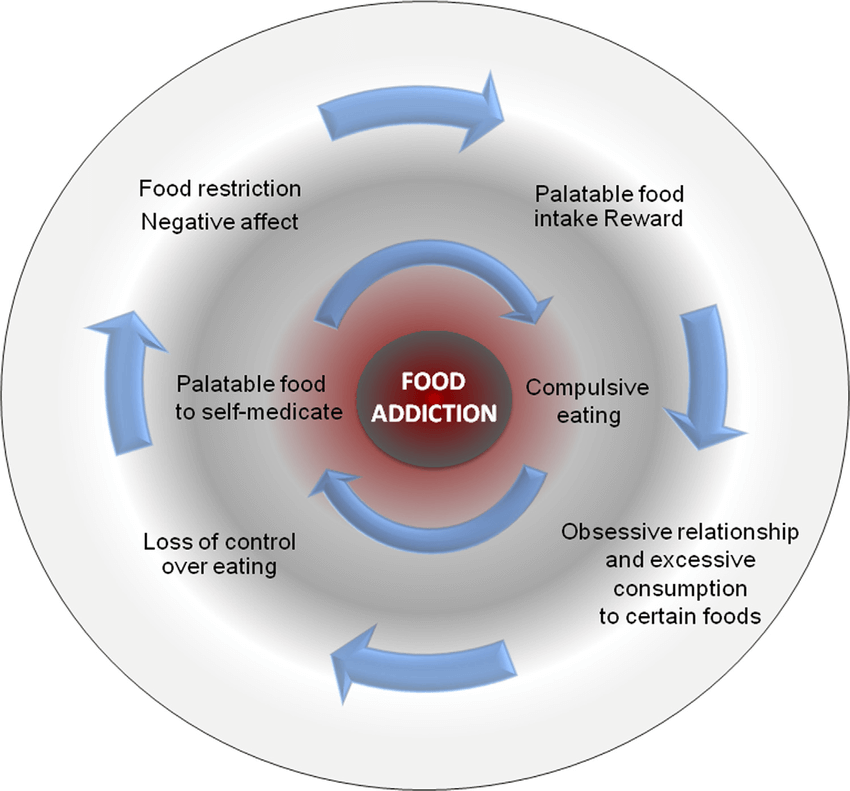
Factors contributing to addictive eating patterns Various factors, including genetics, stress, emotional trauma, and societal influences, can contribute to the development of addictive eating patterns. It is important to recognize and address these underlying factors in order to overcome food addiction and establish a healthy relationship with food.
Seeking professional help and support networks for recovery Recovering from food addiction often requires professional guidance and support. Therapists, registered dietitians, and support groups specializing in eating disorders can provide invaluable assistance in overcoming food addiction behaviors and developing a healthier relationship with food.
The Not-So-Obvious Culprits: Unhealthy Health Foods
Exploring seemingly healthy foods that can sabotage your diet Not all foods marketed as “healthy” are created equal. Many seemingly nutritious options, such as granola bars, flavored yogurts, and packaged smoothies, can be loaded with added sugars, unhealthy fats, and excessive calories. It is essential to read labels and understand the true nutritional value of these products.
Understanding the deceptive marketing strategies of some food products Food manufacturers often employ deceptive marketing strategies to make their products appear healthier than they actually are. Claims such as “all-natural,” “low-fat,” or “organic” can create a false sense of nutritional superiority. Scrutinizing the ingredient list and nutritional content is key to unveil the true healthiness of these products.
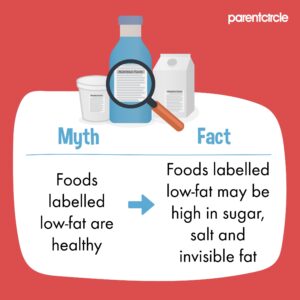
Identifying and choosing truly nutritious alternatives To avoid falling into the trap of unhealthy health foods, it is important to opt for whole, unprocessed options whenever possible. Choosing whole fruits and vegetables, lean proteins, and minimally processed grains can ensure that we are nourishing our bodies with true nutritional powerhouses.
The Impact of Nutritional Deficiencies on Mental Health
How inadequate Nutrition affects cognitive Function and Mood Scientific research has established a strong link between nutrition and mental health. Inadequate intake of essential nutrients, such as omega-3 fatty acids, B vitamins, and minerals, can negatively impact cognitive function, and mood regulation, and even contribute to the development of mental health disorders.
The role of specific nutrients in promoting mental well-being Certain nutrients play a crucial role in brain health and mental well-being. Omega-3 fatty acids, found in fatty fish and flaxseeds
Related topics Superfoods for Superhealth: Incorporating Nutrient-packed Foods


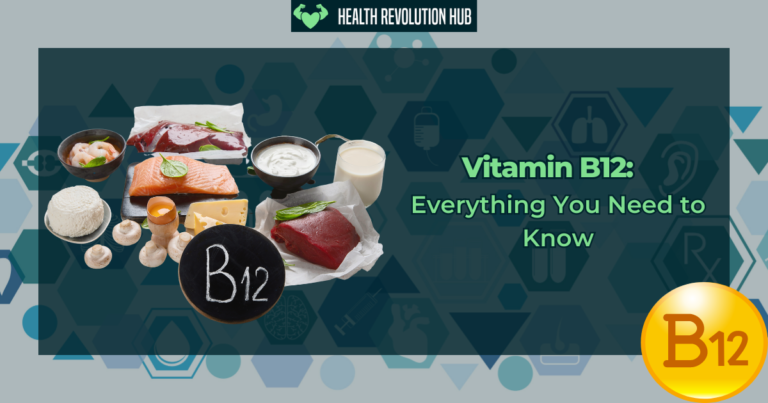
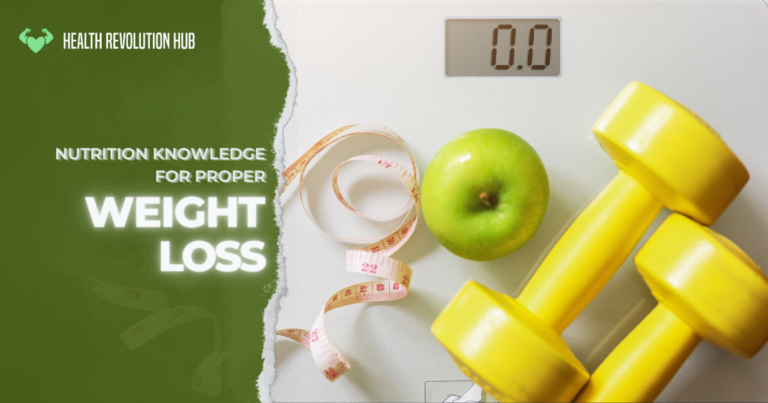
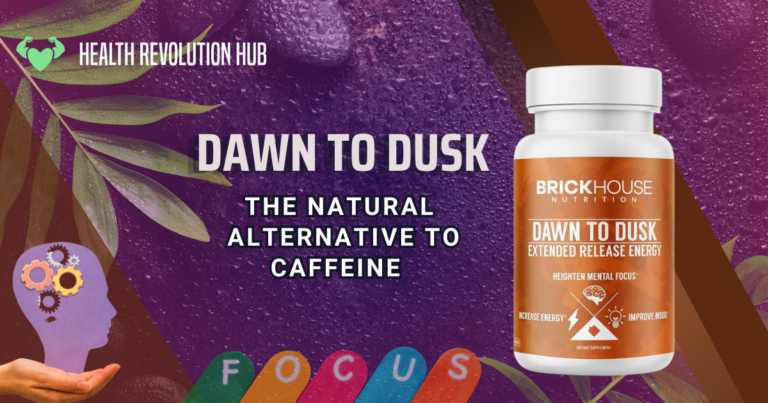




[…] Related Topics Shocking Nutrition Facts That Will Change Your Diet Forever! […]